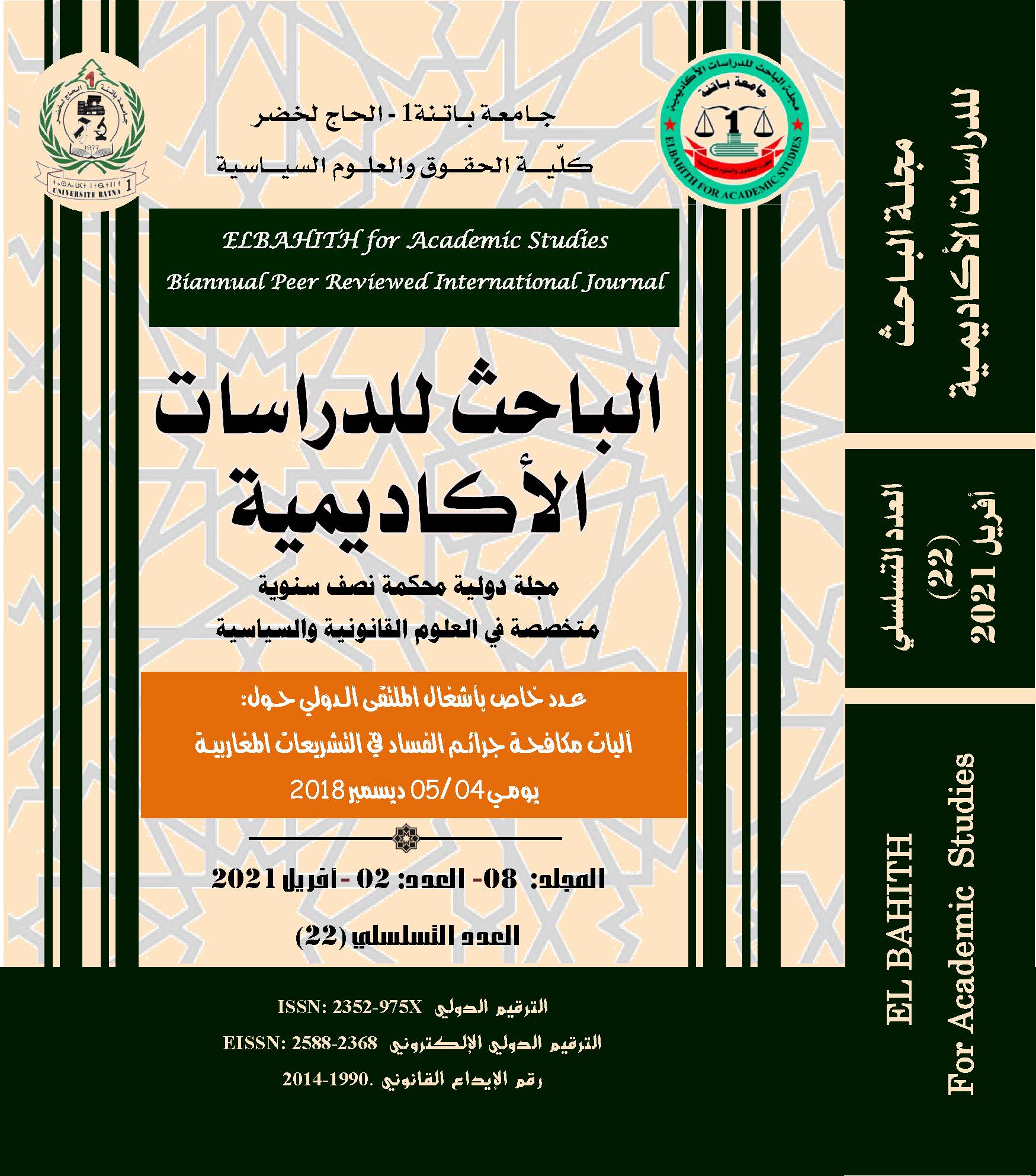Ethical Controls and Administrative Corruption of the Employee From a Legal and Sharia Perspective
DOI:
https://doi.org/10.59791/efas.v8i2.1148Keywords:
The Employee, Public Service, Ethical Controls, Administrative CorruptionAbstract
There is no doubt that corruption is a broad and complex subject of its many aspects and manifestations, all its causes and motives cannot be taken into consideration, and in the face of the growing prevalence of corrupt behaviors in the administrative system, prevention has become a social and legal priority aimed at eliminating and eradicating the phenomenon, which, in our view, can only be achieved through the quality of investment in human values and ethical controls.
To that end, this research paper was made in an attempt to identify these controls to reduce administrative corruption of a public official, by identifying the relationship between the behavioral values of the aid or the user obligatory to be exercised in accordance with Algerian legislation on the one hand, and it is an asset of education and belief in Islamic legislation; on the basis that public functions are religious and worship duties before they are administrative tasks; they are mandated before they are honorable.
The importance of the subject is reflected in the need to invoke ethical controls in most emerging behaviors in the working environment, and to determine the nature of the relationship between ethics and religion and its impact on the administrative behavior of employees.
Downloads
Published
How to Cite
Issue
Section
License

This work is licensed under a Creative Commons Attribution-NonCommercial-NoDerivatives 4.0 International License.





